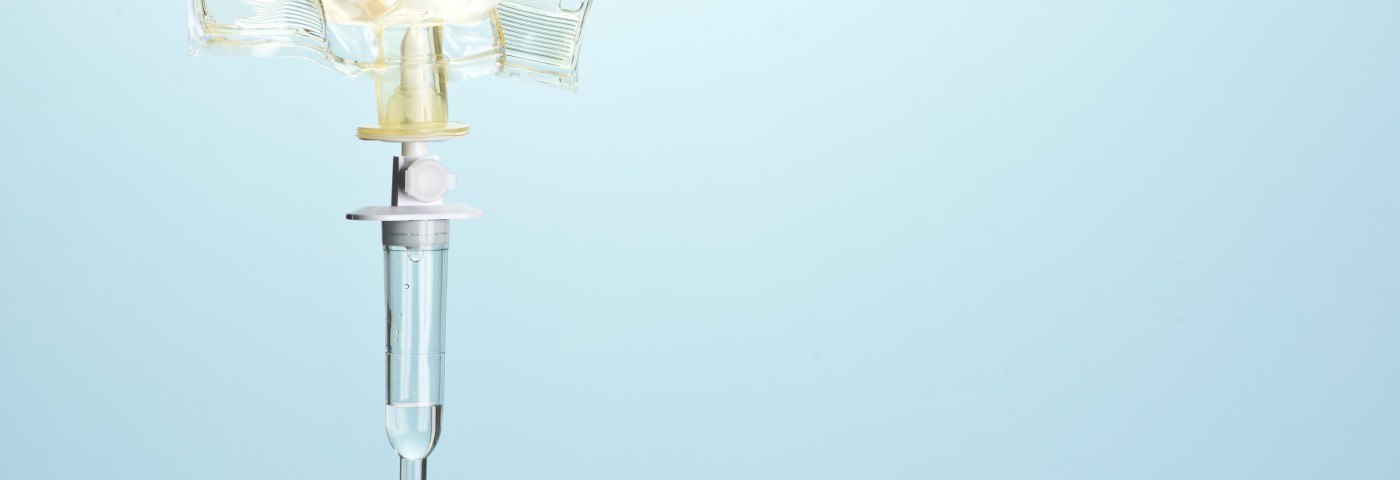Dexmedetomidine infusion given during surgery for transurethral resection of the prostate (TURP) substantially decreases both the rate and intensity of emergence agitation — a condition where patients waking up from general anesthesia experience severe distress. The finding, in the study “Effects of Dexmedetomidine Infusion on the Recovery Profiles of Patients Undergoing Transurethral Resection,” was published in the Journal of Korean Medical Science.
Two large studies — one including 2,000 patients, and another including 792 patients — previously reported that the presence of a urinary catheter is a risk factor for emergence agitation, particularly since patients in this state often try to pull on the catheter.
Emergence agitation has also been linked to an increase in sympathetic tone, a bodily response causing blood vessels to constrict. This can be detrimental by increasing the risk of bleeding and blood clot formation in the urinary tract, particularly in patients with high blood pressure. Such complications might make it necessary to change the catheter or even undergo further surgery.
Dexmedetomidine is an agent with known anxiety-lowering properties that also block a sympathetic response. For these reasons, the drug is often used in patients thought at risk of emergence agitation, but its use has rarely been studied in patients undergoing TURP.
Researchers with St. Vincent Hospital College of Medicine, The Catholic University of Korea, studied 60 patients who underwent TURP at the hospital. Half were randomized into a control group and the other half received treatment in the form of dexmedetomidine infusion during surgery.
The team registered heart rate and blood pressure as well as the use of medications to correct for abnormally low blood pressure or slow heart rate, and for nausea and vomiting. The need for airway assistance to improve blood oxygen saturation and repeat surgery to control excessive bleeding were also recorded. Finally, the team noted agitation and catheter-induced bladder discomfort.
The study showed that while there were no differences in recovery time or time to hospital discharge between the groups, the patients who received dexmedetomidine had a far lower rate of emergence agitation. In the control group, 11 patients (36 percent) experienced an agitated state at emergence from anesthesia, compared to only three patients (10 percent) in the treated group.
Two patients in the control group experienced the highest level of agitation, measured on a four-point scale. Such high agitation was not present in any treatment group patient. Likewise, treated patients had less bladder discomfort caused by the catheter than those in the control group. The dexmedetomidine-treated group also had lower heart rate and blood pressure. All other measures were equal between the groups.
The study shows that dexmedetomidine may be advantageous for prevention of emergence agitation and bladder discomfort related to catheterization during recovery from TURP surgery.

